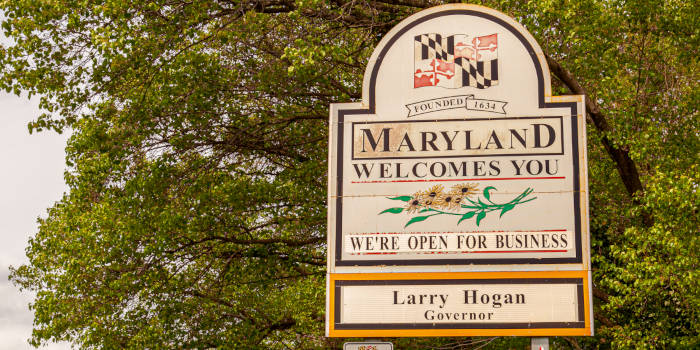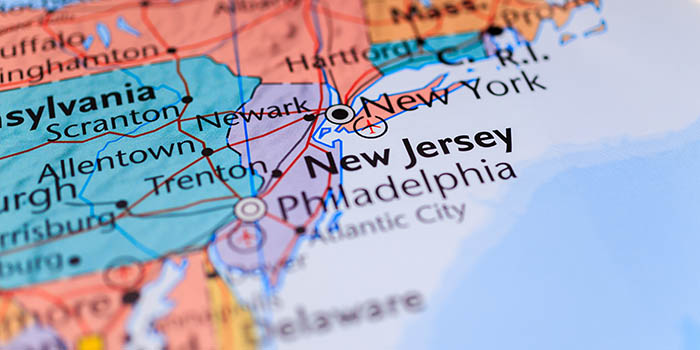Gov. Mills Has to Decide on Future of Maine Sports Betting

Gov. Janet Mills of Maine has until Friday to sign, veto or let a sports betting bill become a law, and thus make the Pine Tree State the first to legalize sports betting in 2020.
Maine Could Have Sports Betting by Friday
Maine Gov. Janet Mills has until Friday, January 10, to approve or veto a bill that would legalize sports betting in the state. The governor has several options. She can ink the bill herself, let it transition into a law without objection or send it back to the Senate for reevaluation.
Bill L.D. 553 passed back in June, when the Senate narrowly passed the bill with 19-15 in the overall votes. Should the bill become a law on Friday, Hollywood Casino in Bangor and Oxford Casino may soon start offering sports betting options.
Other properties that could benefit from the measure is the state’s racetrack, Scarborough Downs. Meanwhile, the four tribal communities in the state and off-track betting venues would probably also seek an opportunity to introduce sports betting.
Gov. Mills Not Overly Fond of Gambling
Concerned with expanding gambling, Gov. Mills has been reluctant to ink the bill and help it pass into law. According to sources cited by Legal Sports Report, the Governor decided not to sign the bill on Monday, January 6, although this wouldn’t stop the bill from becoming a law unless she explicitly vetoes it.
Speaking to LSR, Sen. Louis Luchini said he had met with the Governor who had expressed concerns about the passage of the bill and what it would mean for the state.
Unprecedented Sports Betting Model in Maine
The Maine experiment could be an important one, as it would allow non-state-based entities to also apply for a license. In other words, sportsbooks such as DraftKings and FanDuel can set up shop in the state without having to worry about partnering with a local entity.
Meanwhile, the proposed tax as per L.D. 553 remains mild with 16% on Gross Gaming Revenue (GGR) going back to the state.
Even though Maine is a drop in the ocean, with a population just shy of 1.4 million residents the Pine Tree State has its appeal to international operators who may establish a foothold without over-committing.
Tribal Operations on the Cards
Maine is an important state for another reason as well. The state could effectively introduce all forms of sports betting – from land-based operations, to mobile, to online betting without the need to own real estate in the state.
Similarly, the state’s tribal communities will also have a chance to join the fray. Some concerns have been attributed to the Maine Indian Claims Settlement Act of 1980. As per the legislation, any changes in federal government would not apply to Maine’s tribes, unless the state was specifically mentioned.
In other words, PASPA would have not applied to the tribes had it not been for the specific language of L.D. 553.
Stoyan holds over 8 years of esports and gambling writing experience under his belt and is specifically knowledgeable about developments within the online scene. He is a great asset to the GamblingNews.com team with his niche expertise and continual focus on providing our readers with articles that have a unique spin which differentiates us from the rest.














